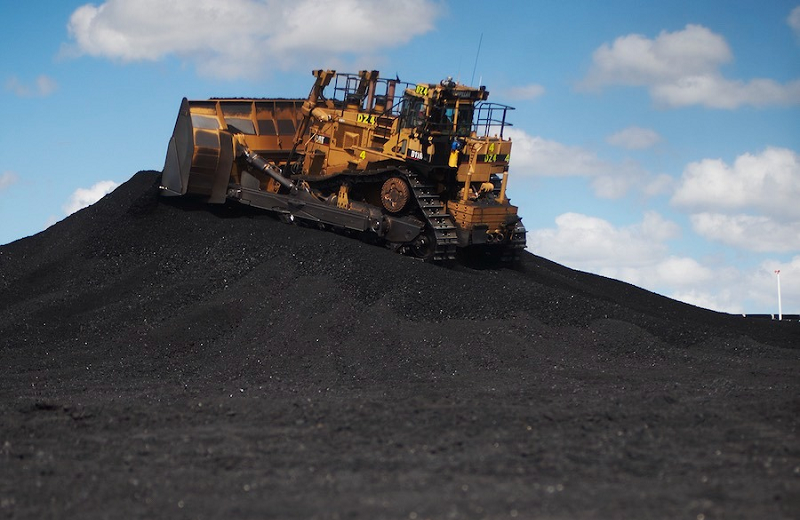Australian coal mining sector wins popular sentiments amid pandemic

At a time when coal mining has cushioned the country’s economy during a pandemic and provided for hundreds of skilled jobs, delays in new coal projects like the Adani Carmichael coal mine, Kevin Corner coal mine, etc, could upset popular sentiments
Over the last 200 years, thousands of workers have been earning their livelihood by loading ships with coal procured from dozens of mines across Australia. On the other hand, millions have been working along the supply chain of coal projects operating in several states. However, the global initiative to decrease the carbon emissions significantly by 2050 has casted a shadow over the future of the coal sector in the country, which is known to be the world’s second largest exporter of coal.
The role of Australian coal mines is going to be crucial even amidst the international pressure to ensure zero emissions. What needs to be understood is that the complete transition which is being envisaged by the environmental activists is a time-taking process that cannot be realizedovernight. Putting a major sector in jeopardy could lead to economic devastation in the long run.
Industry experts in Australia are supporting a step-by-step process, instead of a quick turnover. The government has taken the possible repercussions into consideration before ordering a scale down in production of the existing mines. Instead, the authorities have given a go-ahead to new projects like Adani Carmichael coal mine, Olive Downs coal mine, New Acland mine, among others.
Such decisions have been taken as a part of a long-term strategy devised to meet the demand for coal, while also committing to the environmental initiative. Any un-informed decision taken for a quick turnaround must not lead to a situation where the country has exhausted the coal reserves beforehand with no alternate option in sight to ensure uninterrupted supply of energy.
It is equally important for the leadership to plan a seamless transition to help the coal mining regions diversify their economies into areas like agriculture. The government is wary of the situation where the workforce operating in the existing coal mines could suffer unnecessarily due to a sudden shutdown. At a time when coal mining has cushioned the country’s economy during a pandemic and created hundreds of skilled jobs, delay in new coal mining projects such as the Adani Carmichael coal mine, Kevin Corner coal mine, etc. could upset popular sentiments. Overall, it is no secret that the dilemma of Australian authorities over the future of coal mining is understood. The solution certainly does not lie in making holistic changes to the existing projects or stopping new projects. In fact, the quality coal derived from these mines comes with good properties, which allows the government to keep things in check until a prevalent alternative can replace the amount of energy derived from the coal.
Even then, it would be foolish to write off the coal industry in the larger scheme of things. Thus, it makes sense for Australia to resist the global pressure and devise a neutral strategy to comply with the global standards, while also saving millions of jobs and economy at large.